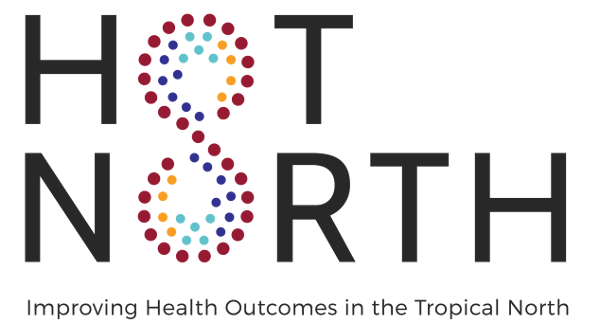Search

News & Events
Port Hedland welcomes health experts from around AustraliaPort Hedland is hosting some of Australia’s most respected health researchers this week as they join forces with local health professionals to improve the health of people living in the tropical north of the country.

News & Events
Pregnant women urged to avoid e-cigarettesWomen who are pregnant or who think they could be have been urged to avoid using e-cigarettes, due to lack of evidence about their safety.

News & Events
State-first program to accelerate digital health in WAA consortium of partners across the WA medical research sector will develop and deliver the State’s first digital health-specific program.

News & Events
“Correlation doesn’t equal causation”: Autism and caesarean sectionsA new study that combines data from over 20 million births has found that a caesarean section delivery is associated with autism spectrum disorder (autism) and attention-deficit hyperactivity disorder (ADHD).

News & Events
Meet Baxter HutchinsonBaxter Hutchinson was diagnosed with two life-threatening brain tumours a year ago, aged 17. Since then he has undergone surgery, radiotherapy and chemotherapy in his journey to beat the cancer.

News & Events
Australia urged to invest more in early childhood years to avoid crisisThe first major national study into the cost of providing late intervention services to children and young people has called for smarter and wiser expenditure to ensure children receive vital support services at a much earlier stage.

News & Events
Framing messages for social changeThe nuanced message conveys the foundational importance of child development in the early years but avoids triggering concerns there are no opportunities to intervene at a later age.

News & Events
Accelerating Child Health Research: A Systems Biology SymposiumThe integration of multi-omics approaches with clinical research will be, without doubt, a cornerstone of future innovation in medical practice.
Registration Details about Registration When you register you will be asked to register for both the two-day auditorium presentations on days one and

News & Events
The impact on childrenThe Aussie summer provides some great opportunities for families to connect in an active and social way. But with it comes a range of factors that can impact on child and family health.
